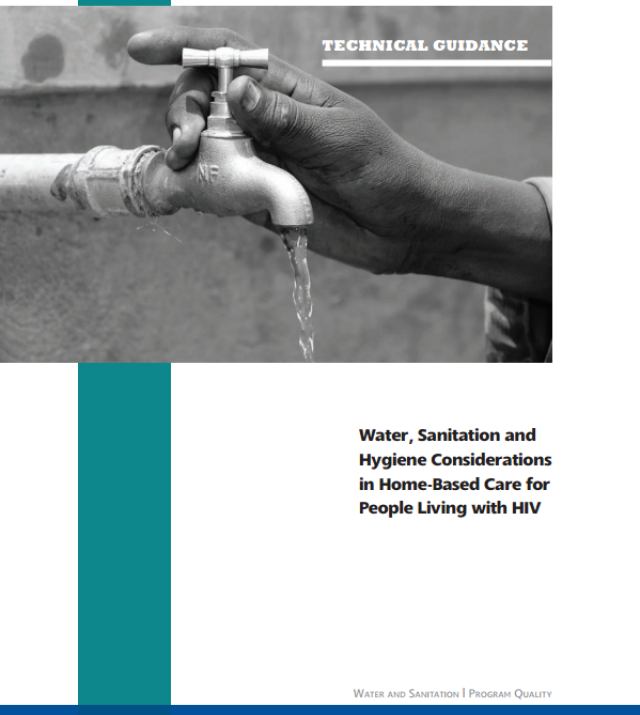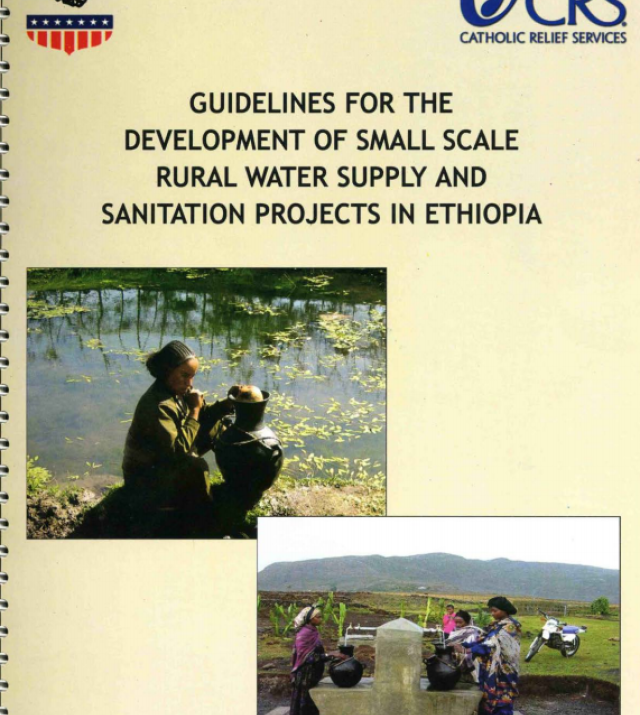
CRS Manager's Guide to PHAST Methodology: Helping CRS Country Offices to Use the Participatory Hygiene and Sanitation Transformation (PHAST) Methodology

The purpose of the Participatory Hygiene and Sanitation Transformation (PHAST) methodology is to get communities to take leadership in planning their own water and sanitation projects. The idea is not to give hygiene education to individuals, households or even community groups. The idea is to assist a selected community planning group to decide for itself what changes they would like to make in community behavior, where they would like water points sited and how they will go about getting sanitation coverage. In addition to the community-selected representatives, the planning group should include CRS and partner project staff and relevant government representatives.
This CRS guide seeks to provide updated advice based upon over ten years of field-based learning. It’s a direct response to requests from CRS country programs to understand how PHAST should be programmed into their water and sanitation projects, how to implement it at the field level, and how to train facilitators who will implement PHAST at the community level.
This guide is for CRS Heads of Programming, water and sanitation program managers, project officers, equivalent positions among CRS partners, and those hired as consultant trainers for PHAST trainings.

